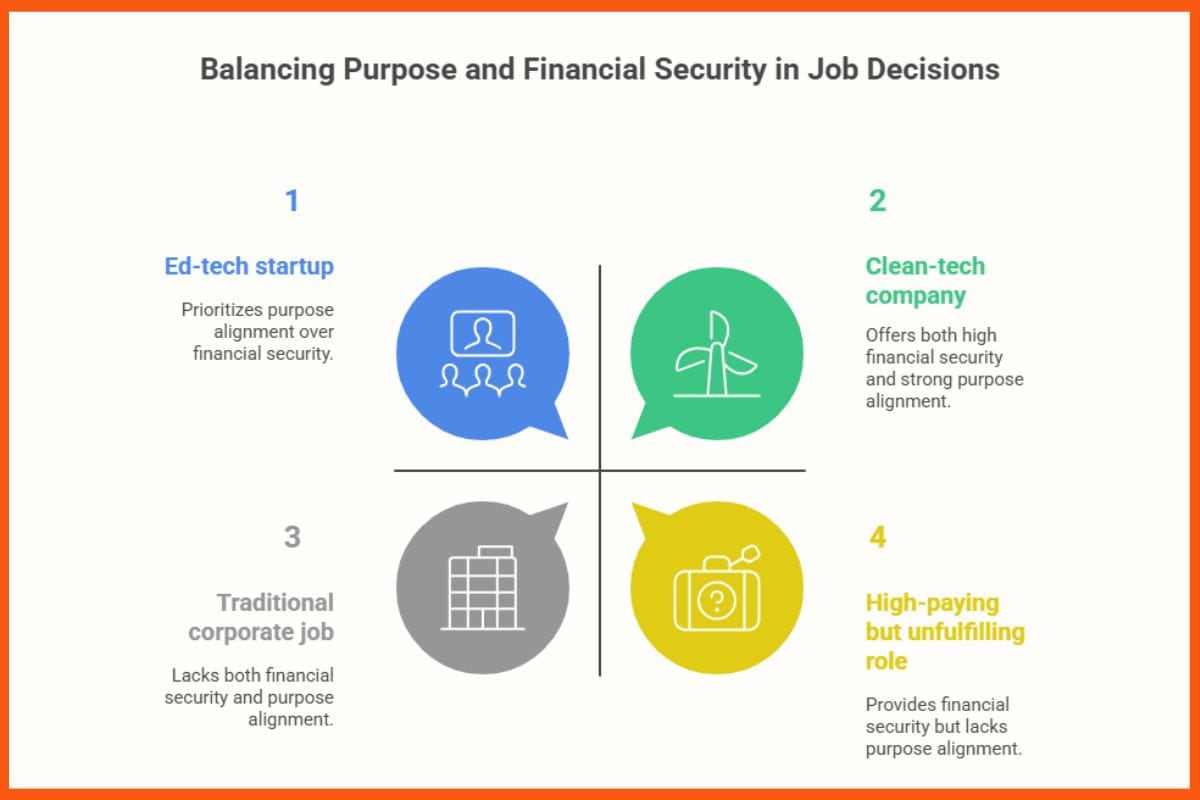This article has been contributed by Vivek Chadha, Founder at AccelerateX Ventures | Angel Investor & Author of Startupology
There was a time when the only way to do things was to have a regular workday with set hours, a set place, and set rules. For a long time, the only way to get ahead in your job was to follow the rules, work long hours at a desk, and climb the corporate ladder. Indian companies and the generation that is building them are making that model less useful. Azadi 2.0 shows this change. It means that you can choose not only where and when to work, but also what kind of work is worth doing in the first place. For many people, having a good job is not just about the title or the money anymore. It also means being free, being able to work when and where you want, and living in a way that is consistent with your values.
This change can be seen in how businesses are run and how people choose jobs. In this situation, the rules change almost every day, so it is just as important to be able to adapt as it is to have big goals.
From Working Hours to Making a Difference
The pandemic sped up a truth that many forward-thinking founders were already looking into; being there in person does not make you more productive. People can get their work done on time, with quality, and often with more creativity when they work from home or in a hybrid setting, without having to be in the same place every day. Startups have taken this lesson even further by making trust the most important thing in their business. Performance is judged by results, not attendance. A software developer might be working from a small village in Kerala, a marketing lead might be working from a café in Himachal, and a designer might be working from a different time zone.
People come together because of the quality of their work, not how far apart they are. This way, more people can find talented people more easily. Professionals who may have been overlooked because of where they live, family obligations, or physical limitations are now making important contributions to businesses that are growing quickly. The ideas, backgrounds, and ways of solving problems of the teams that come out of this process are usually more varied. In a market where it’s getting harder to stand out, this gives you an edge over your competitors.

Work as an Extension of Purpose

More and more people are making job decisions that go beyond pay. More and more people want to know if a company’s goal matters to them. This is true in a lot of fields, like clean-tech companies that care about the environment, health-tech startups that make it easier for people to get care, and ed-tech companies that help communities that do not have enough access to education. In these kinds of jobs, people do not just do their jobs; they also work for causes they believe in. There is a lot of influence on involvement. A professional who cares about the cause is more likely to go above and beyond and come up with new ways to solve problems.
Younger professionals are more likely to have this sense of purpose, and they often question the traditional ways of moving up in their careers. They want as much financial security as they do learning, making a difference, and being in line with their personal goals. This way of thinking can make it hard to follow the rules of traditional management, but it can also lead to new ideas and strength when the right systems are in place.

How the Relationship Between Employers and Employees Is Changing
A lot of new businesses have a very different way of organizing power than older ones do. It is easier to talk about things, get to know your leaders, and work together to make decisions. Some companies give equity to even their lowest-level employees, making them stakeholders who share in the risks and rewards of growth. People think about work differently because of this model of shared ownership. When people have a real stake in the outcomes, they act and think like builders. They are more likely to question processes that slow things down, suggest unusual alternatives, and take responsibility for the outcomes. Models like these are not easy.
Equity needs careful planning, clear communication, and clear expectations for how well people will do. But if you use them wisely, they can help people and groups work together to reach their goals. The New Work Ethos for Gen Z. People have said a lot about what they think are Generation Z’s problems, like being impatient, not liking rules, wanting to be able to change their schedule, and not liking how businesses usually discipline their employees. These ideas are true in some cases, but they do not tell the whole story. This generation is starting businesses from home that make money by using skills like design, video editing, coding, and content development, even though they have not had any formal business training.
A college student can now make a lot more money than a new software engineer at a big IT services company. The difference is in the tools you use and how you think. You can access markets all over the world, learn new skills on demand, and make money right away thanks to the internet. A lot of people in this generation would rather be free than have a safe job at a company. They will learn some things when they need to, but they will not follow rules that limit their freedom. Startups have figured this out and are making jobs that meet these needs. Because of this, it is more important to be proactive and flexible at work than to follow strict rules.
Azadi 2.0 is more than just a test run. It is becoming a defining trait of the most innovative Indian startups. These companies are proving that you can make money and be flexible at the same time, that purpose and performance can go hand in hand, and that talent grows when it has the freedom to choose how to best contribute. The next chapter in India’s work culture will depend on how well businesses can keep this model going while meeting the needs of growth, profit, and new ideas. Not only will those who succeed keep the best workers, but they will also show the rest of the world how to balance freedom and responsibility in an economy that is growing quickly.

